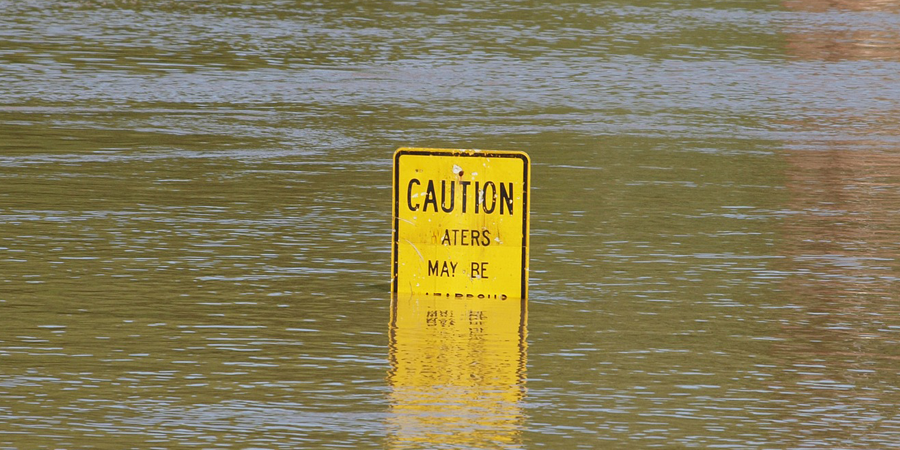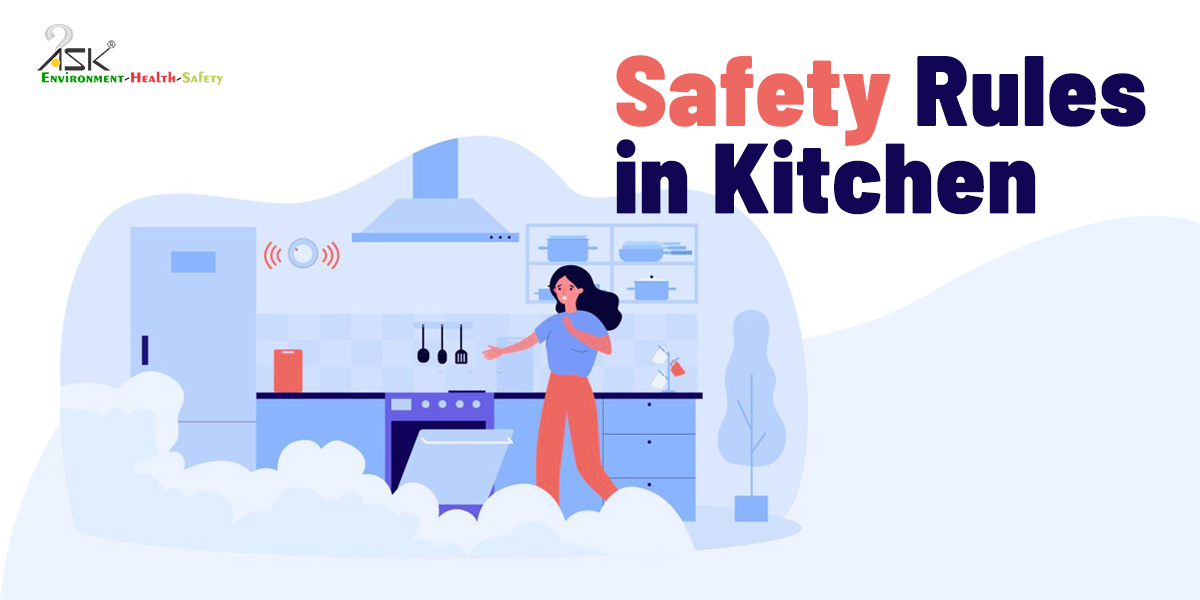Industrial considerations during rains

A news floated in headlines on June 09, 2019, stating, “To avoid any mishap during the rains, the Brihanmumbai Municipal Corporation (BMC) has planned to inspect 78 bridges across South Mumbai.”
As Mumbai expects heavy rainfall every year and the weather conditions are unpredictable, the inspection is a safety move from the government for the residents.
Similarly, in industries, as much as rains are a much-needed respite to the scorching summer sun, they are capable of raising safety concerns. The potential hazards in the workplace can be worsened in such inclement weather conditions, therefore employee and equipment safety becomes crucial.
Audits and inspections during rains
Weather changes are among the key factors that affect the quality and progress of any industrial project. Rainy season is an annual occurrence, so planning for it in advance and conducting site inspections make sense.
In industries, safety officials should conduct pre-, during and post inspections of the working site, strengthen the security checks to ensure safe production. These include inspecting the main body of the building, scaffolding, electricity systems, tower cranes, small machineries and temporary facilities, safety signs etc. Slippery surfaces should be observed, and leakages must catch immediate attention to avoid hazards.
Industrial facilities must ensure that relief materials and personnel (emergency response) are in place.
Damage to the moving components
Manufacturing facilities consist of moving components such as forklifts, trucks and tractors, overhead cranes and hoists, conveyors, and many types of hydraulic equipment. In rains, it becomes difficult to maneuver these components comfortably as they may be slick, and brakes may not respond immediately. Wrong movements can cause accidents and in turn, damage materials and injure operators.
It is possible that these components may show signs of repair depending on their operating or weather conditions. In forklifts, inspections for broken links, turned pins or elongations and ability to withstand rains ensure that there is no product damage or injuries. Machine guarding plays a key role during rains. Adequate visibility (safety lights) is necessary for hazard-free operations and should be a top priority.
Taking care of the Warehouses
Warehouses, by their very nature, are designed to hold large amounts of materials and inventory. If they are not properly up kept or inspected, water can cause significant damage to the structure itself. When such facilities do not maintain a full-time staff, leaks may go unnoticed for longer periods and rooftops can be severely compromised as a result of torrential rainfall. Collapses in the structures may happen. Inventory, materials and stored goods that are often the lifeblood of any industry, are affected.
To avoid these consequences, warehouse inspections are mandatory. A warehouse manager or a safety inspector should be extra vigilant to protect the facility against the expensive water damage. Knowing the source of incoming water can further repairing activities and one can take preventive actions. Waterproofing the actual structures can guard the concrete and masonry that can crack in wet conditions.
Areas mentioned below should also be addressed during rains:
- Drain pipes should be checked to ensure that there is no clogging
- Window openings must be checked for any gaps or defects
- Different types of door matting should be considered to control and prevent slippery floors
- Humidifiers and fans can fasten up the drying process in the facilities
- Dampness check for water and electrical leakages
- Use of floor scrubbing and polishing machines to clean deep
When it comes to workers, they should receive adequate trainings so that they become adept at recognizing weather-related hazards and can work suitably. Also, the safety departments must have contingency plans handy. Industries would be in a better position to handle any eventuality if they can prepare for a foreseeable havoc that rains might create in future.


